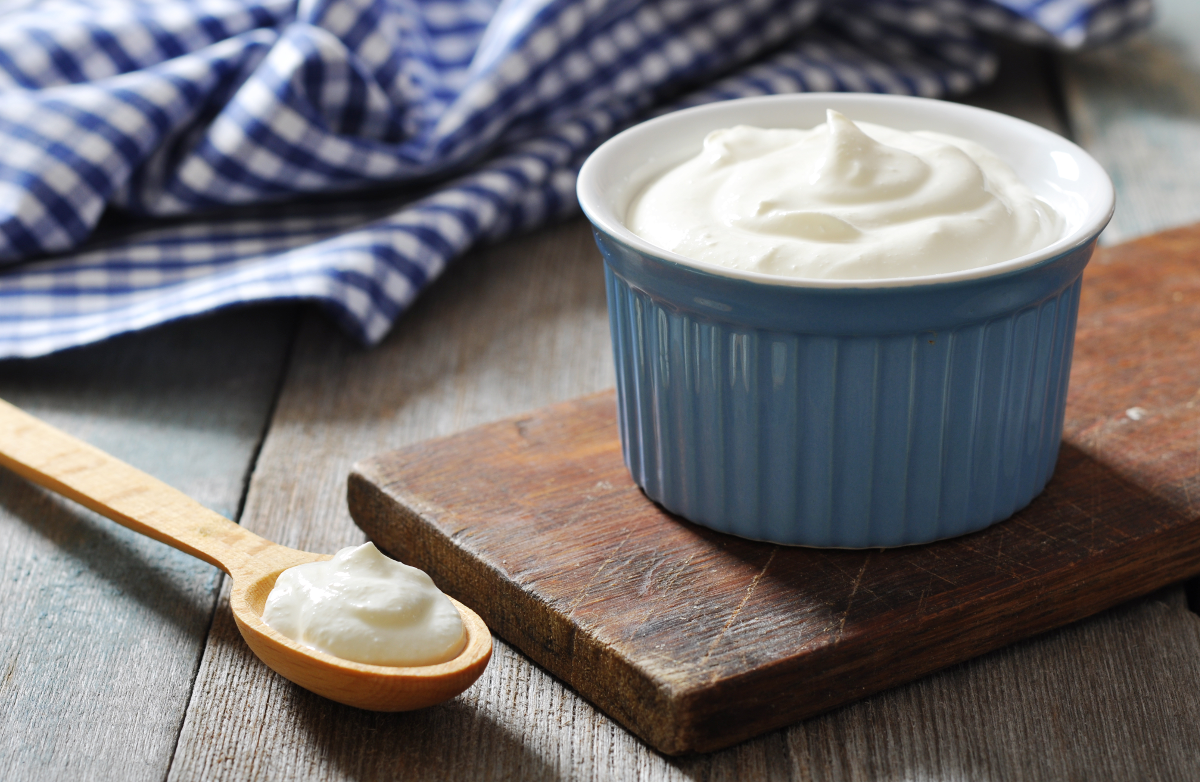|
Cumin is not just another kitchen spice. Cumin has been used extensively in traditional medicine in the treatment of a number of diseases. The spice is also an ingredient in curries and other dishes. Indian and Middle Eastern dishes and beverages use cumin to impart a unique flavor and add additional health benefits within a meal. Cumin is native to Levant and Upper Egypt. Cumin is the seed of a small plant. The seeds are found paired or in separate carpels. The seeds are 3-6 mm long with a pattern of ridges and oil canals. Cumin seeds are available dried or ground and appear brownish-green when in powder form. Cumin oil has also been consumed. History of Use Cumin has a peppery flavor and in ancient times served as a popular alternative to black pepper. It was used by the Ancient Egyptians, Romans and Greeks as a spice in meals and as part of medicinal preparations. It has been cultivated throughout the Middle East, India, China and Mediterranean for centuries. It does not have a tradition of use in Europe and, while used in Europe during the Middle Ages, quickly declined thereafter. Cumin is used in natural medicine. Cumin Benefits Alternative medical practitioners and current research shows support in the use of cumin for its unusual properties. Cumin appears to show properties such as:
The interest in cumin has grown in Western medicine and studies continue to be done that support the use of this traditional spice in application to a range of conditions. Study Findings Lend Support Though additional research is useful for more corroboration, a range of studies begin to lend credence to the benefits seen in traditional medicinal usage. Black cumin may have a positive correlation to reducing inflammation. Black cumin seed oil and thymoquinone are powerful anti-inflammatories as supported by the study, “Immunomodulatory and therapeutic properties of the Nigella sativa L. seed.” Positive results were seen on a number of experimental models of inflammation including encephalomyelitis, colitis, peritonitis, edema and arthritis. This finding is important to those experiencing common age-related symptoms or who consume a diet that promotes inflammation in the body. Obesity is an alarming health concern nationally. According to the Journal of American Medicine, over one-third, or 34.9 percent, of U.S. adults are obese. Heart disease, stroke, type 2 diabetes and some forms of cancer are related to the condition. “A systematic review of anti-obesity medicinal plants--an update,” looks at 33 scientific articles related to obesity and traditional medicine and concluded that black cumin seeds, as well as green tea and black Chinese tea had anti-obesity effects.” Secondary diseases associated with obesity appear to have a reduced likelihood, as found in the “Mitigation of obesity-promoted diseases by Nigella sativa and thymoquinone.” In an additional study, eight weeks of aerobic training paired with Nigella sativa supplementation produced better results than with a placebo. Besides reductions in total cholesterol, overweight female participants had reductions in triglyceride levels, low-density lipoprotein and lowered BMI. The participants lost fat, gained muscle and improved VO2 max. Black cumin, or Nigella sativa, appears to have positive effects on the cholesterol levels of rats. “Supplementation of Powdered Black Cumin (Nigella sativa) Seeds Reduces the Risk of Hypercholesterolemia” was published in Functional Foods in Health and Disease in 2011. Thirty rats were used and experimental diets were prepared using 1 percent and 2 percent preparations of powdered black cumin (PBC) against a placebo. The results were positive in the reduction of serum cholesterol, triglycerides and low-density lipoproteins. Variations were seen at the two percent level of preparation. While further studies would be necessary, there is hope that black cumin seeds would be useful as a functional food and assist those with a history of high cholesterol. High antioxidant activity is found within bitter cumin. Bitter cumin, or Centratherum anthelminticum (L.) Kuntze, has been found to be a rich in phenolic antioxidants according to researchers at Mysore. Researchers of the study found that “In biological tests bitter cumin inhibited the oxidation of liposomes (used as a model for cell membrane oxidation) and offered complete protection against DNA damage.” This published study in the BMC Complementary and Alternative Medicine offers support that cumin can help reduce oxidative stress on the human body. Oxidative stress has been known to contribute to conditions such as neural degenerative disorder, inflammation, cancer, atherosclerosis and aging. With such a long-standing history of use, and studies that imply that this simple spice can have a potent impact on overall health, it may be worth rethinking your next meal and including a healthy dose of cumin. |
More From SparkPeople
|














